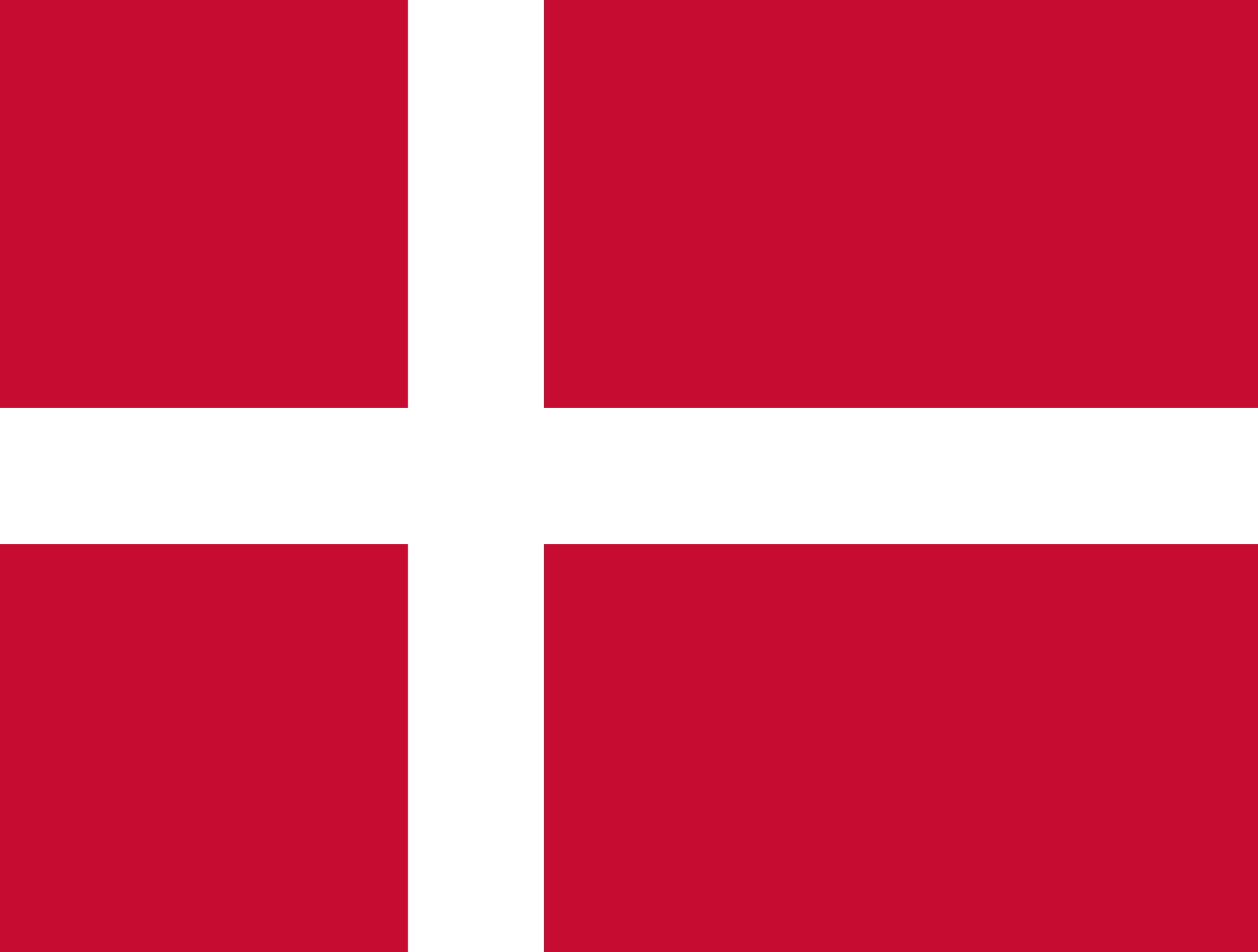ECHO funds DACAAR to deliver life saving emergency assistance to more than 150,000 displaced Afghans
September 2, 2018
DACAAR Main Office, Kabul, Afghanistan
In line with the ECHO-DACAAR Framework Partnership Agreement (FPA), the two organisations have signed an agreement for the continuation of the delivery of emergency assistance to Afghans under the Emergency Response Mechanism (ERM).
The Emergency Response Mechanism (ERM) is European Commission Humanitarian Aid’s (ECHO) flagship humanitarian program in Afghanistan, addressing immediate needs of recently displaced conflict and natural disaster affected families.
The new phase of the program will be implemented between May 2018 and April 2019. It will deliver much needed life saving Water, Sanitation and Hygiene (WASH) assistance to more than 150 thousand Internally Displaced Persons (IDPs) across 27 provinces of Afghanistan. The assistance will include delivery of 26.5 million liters of save drinking water by trucks, construction of hand pump wells, and rehabilitation of existing but non-functional wells and distribution of bio-sand filter for household water treatment.
The assistance will also include distribution of 21,600 hygiene kits and messages, and construction of 2,250 emergency bath and latrines. Eligible beneficiaries will be selected through needs assessments undertaken jointly with ERM partners and in close coordination with the Ministry of Refugees and Repatriation (MoRR), Afghanistan National Disaster Management Authority (ANDMA), UNOCHA and others relevant bodies.
“The Emergency Response Mechanism (ERM) has been one of our most effective programs in meeting the life saving emergency needs of IDPs in Afghanistan. The new phase is highly welcomed as Afghans continue to suffer from intensifying conflict in the country” says Director John Morse.
As part of the previous phase of the program which was implemented between May 2017 to April 2018, DACAAR delivered life saving WASH assistance to more than 146,000 (51% women and girls) displaced people across 20 provinces of Afghanistan. The assistance included distribution of 10 million liters of safe water by trucks, construction of 12 hand pump wells, rehabilitation of 11 existing non-functional water points, distribution of 757 bio-sand filters, construction of 2,110 emergency bath and latrines and distribution of 20,235 hygiene kits together with hygiene education.
“When we arrived in Baharak camp in Takhar province, we had nothing but our clothes. We did not have any pots to carry water and did not know where to find water as our children kept complaining of thirst. Thanks to Allah and you, we have now water brought to us by trucks and containers to carry and store water. We also have enough soap to keep the family clean.” says Qadi Gul, who fled her village due to conflicts in Dasht-e-Archi district of Kunduz province.
ECHO has been funding DACAAR since 2001.
FACTS:
Water and sanitation are critical determinants for survival in the initial stages of a disaster.
Disaster-affected people are generally much more susceptible to illness and death from diseases, which to a large extent are related to inadequate sanitation, inadequate water supplies and inability to maintain good hygiene. The most significant of these diseases are diarrheal and infectious diseases transmitted by the fecal-oral route.
 Danish
Danish